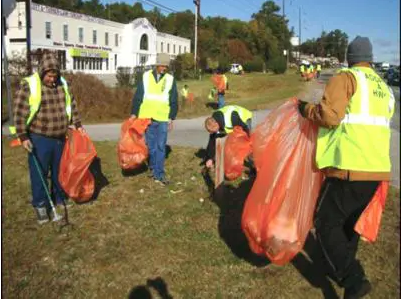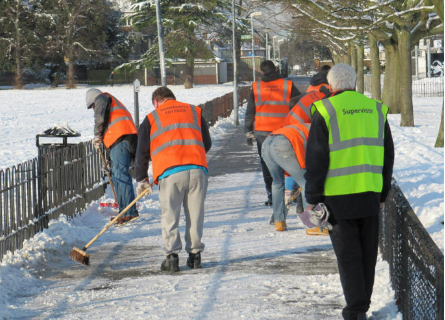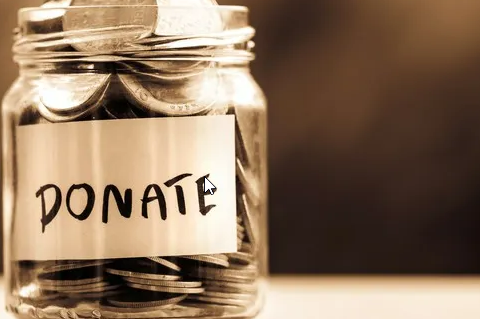When you have committed misdemeanors, a judge will often have the authority to sentence a defendant to court-ordered community service. Doing community services means you do unpaid work. The Community Services actually help charitable organizations and also give the opportunity for defendants to give back to the local community.
To get Community Services, you definitely need to ask a judge for it. In fact, there are so many people who don’t know how to ask a judge for community services. They look at this as a complicated way to do it. However, asking a judge for community services is a bit easy to do. To find out the information about it, let’s dive into our post below!
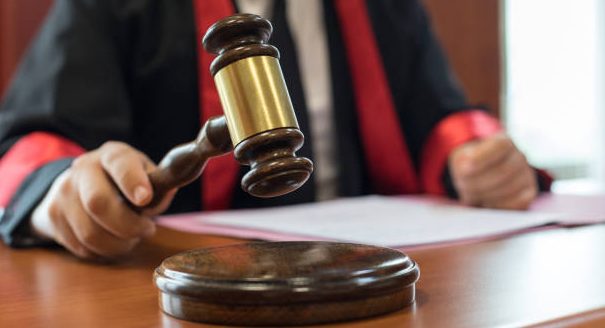
Asking a Judge for Community Service, Here’s How!
To ask a judge for Community Service, you just simply go to the court. Then, you can start to ask a judge or prosecutor what options are available in your jurisdiction to satisfy the court order. If the Community Service is available in your jurisdiction, you can then ask a judge to allow you to get the Community Service.
After asking for Community Service to a judge, you may need to wait until your request has approval. Of course, it may take a time for the judge to determine whether or not you’re eligible to get the Community Service.
Generally, the judge will assess the offense you have committed. However, the Community Service is often restricted to first-time offenders or limited only to defendants who have committed misdemeanors.
Well, the Community Service is frequently ordered by judges without the consent of the defendant that is often as part of a plea agreement. The use of the Community Service for juvenile offenders will commonly be the preferred means of punishment for your defendants who cannot afford to pay fines.
Afterwards, a judge sometimes provides a defendant with a list of local organizations, providing the chances for Community Service. Furthermore, it actually helps the defendant get started. However, that is very important, because a government official or independent agency has to verify that the offender completed the Community Service within a specified time.
In this case, the rules around accepted Community Service will vary based on jurisdiction. Of course, the court shouldn’t accept service hours if there was compensation or if the service was done for a for-profit entry.
Additionally, some jurisdictions won’t allow service to be done for religious organizations. In this case, each state has certain rules and procedures for court-ordered community service, so make sure to check on the law in your area.
Get to Know About Community Service
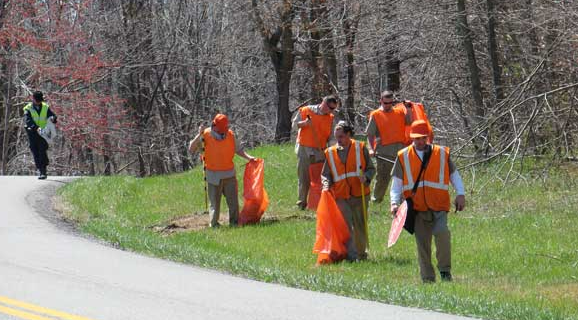
In theory, Community Service helps charitable organizations and lightens the load on jail and probation departments. It can be mentioned as an alternative sentence ordered by a judge for a criminal offender who performs work in the community as an alternative to pay fines or spending time in jail.
Read also: Great Ideas for Community Service Projects
The Community Service may also accompany some other form of alternative sentence, such as probation terms, suspended sentences, fines, deferred adjudication or also pretrial diversion. The candidates who will be eligible for court-order community service are non-violent offenders and people with little or no criminal history.
The Community Service is not always available for all defendants and commonly a judge will be given plenty of discretion in whether to order community service or not. Moreover, it mandates minor offenders to do community service and offers more benefit to society than incarceration of those offenders.
The community benefits from the work which the offender does and prevents the cost of incarceration, while the offender benefits from a lesser sentence where they hope to be rehabilitated and enriched through the work they do.
In practice, court-ordered community service will build a lot of work for the courts who need to track the completion of community service hours. Well, some defendants cannot qualify for particular types of work and some organizations won’t work with volunteers who have a history of violence or problems with addiction.
Furthermore, community service may not be available for defendants who live far from the court, since they cannot complete community service hours in the community of the court.
How If You Don’t Show Up for Service Work After Getting Community Service?
Getting the chance to perform the Community Service may feel like dodging the bullet, but it’s very important to take the requirement of the Community Service seriously. So far, it allows a person to prevent jail time, but there may be penalties to fall to complete with court orders.
According to some internet sources, there are many defendants who are failing to do the Community Service as an alternative sentence that they should do to perform. If you fall to perform the Community Service given by a judge, you will be ordered back to court.
If you did not have proof of completing the Community Service, it may be hard to answer the questions of the judge. Many defendants said that they had performed some, but not all of it. Sometimes, they did not perform any of it.
If a judge gives you a question that allows you to prove that you completed your Community Service, you need to tell them a reasonable excuse. If you clearly tell your reason, a judge may give you an extension of time within which to complete it.
However, if you don’t have a reasonable excuse, a judge may revoke your probation, add hours to the time that they had to perform and also set another date by which they should complete their Community Service. If you had a significant number of hours to complete, a judge may set an interim reporting date where a judge will check on your progress.
It does not occur very often, however, when they don’t still show compliance with the ordered Community Service, to get the point across, a judge may order you to serve some jail time before they reinstate your probation and add additional hours to your community service requirement.
It is commonly generated in your compliance. If not, your probation was revoked and you were ordered to serve the jail time which had been ordered, but suspended when you were placed on probation.

A bookworm and researcher especially related to law and citizenship education. I spend time every day in front of the internet and the campus library.

